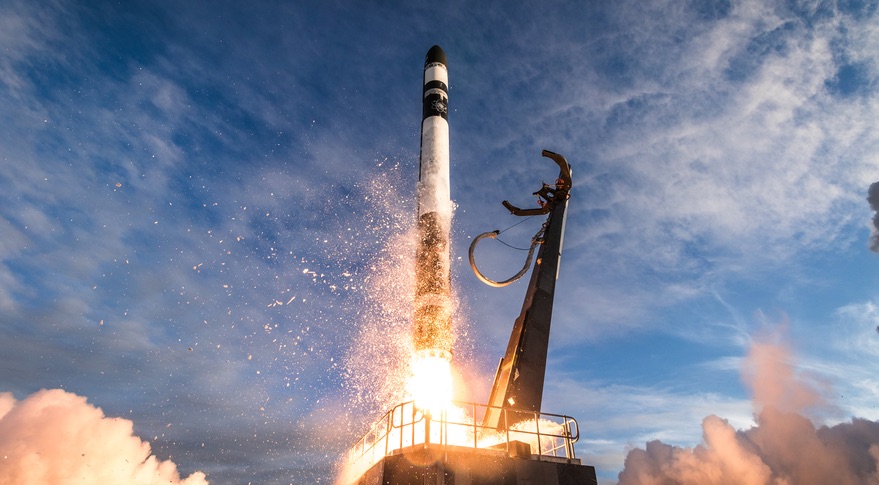WASHINGTON — NASA plans to issue multiple contracts in the coming months for smallsat launch services in the second phase of a program intended to support the emerging small launch vehicle industry.
NASA’s Launch Services Program released a draft request for proposals July 1 for its proposed Venture Class Launch Service (VCLS) Demonstration 2 procurement. The agency requested comments on the draft RFP by July 14, and will host an online industry day discussion July 7.
The agency “is seeking a NASA launch service to demonstrate a launch vehicle capability for future use on operational missions,” the draft RFP states. “The government plans to award multiple contracts.”
The RFP mentions two classes of missions it plans to award contracts for. One would be a dedicated launch of a set of cubesats weighing 30 kilograms, placing them into a 500-kilometer orbit at an inclination of between 40 and 60 degrees.
The second mission would carry two separate constellations of cubesats. One, called Constellation A, would weigh 75 kilograms and be placed into a 550-kilometer sun-synchronous orbit. Constellation B, weighing 20 kilograms, would go into a similar orbit but with a plane change of at least 10 degrees.
The draft RFP states that the two constellations would be the primary payload, suggesting that the launch vehicle could carry additional non-NASA payloads on that mission. However, NASA states that, as the primary payload, it “drives all mission requirements including launch schedule and orbital trajectory.”
The draft RFP doesn’t state a schedule for issuing a final RFP or issuing awards, but does seek vehicles that will be capable of performing the missions by June 30, 2022. The RFP also does not disclose a budget for the overall VCLS Demo 2 program.
The program is a continuation of the original VCLS program, which NASA started in 2015 to provide dedicated launch services for cubesats that, at the time, had to rely on limited rideshare opportunities. The goal, agency officials said then, was to provide access to space for cubesat missions that had specific orbit requirements that could not be met by available rideshare launches.
In October 2015, NASA awarded VCLS contracts with a combined value of $17.1 million to three companies: Firefly Space, Rocket Lab and Virgin Galactic. The original contracts required the companies to perform launches by April 2018.
None of the three companies met that schedule. Firefly Space lost its contract and filed for bankruptcy in 2016, emerging as Firefly Aerospace. Virgin Galactic’s smallsat launch business was spun off into a separate company, Virgin Orbit, which made its first, but unsuccessful, orbital launch attempt May 25. Its VCLS mission, carrying 10 cubesats, will be one of the first for its LauncherOne vehicle once it enters service.
Only Rocket Lab has carried out its VCLS launch. A Rocket Lab Electron rocket successfully launched 10 cubesats for NASA’s CubeSat Launch Initiative as well as three more for other customers on a December 2018 launch.
NASA’s proposed second round of VCLS contracts comes as the Defense Department is backing away from its own effort to stimulate the small launch vehicle industry. The Pentagon announced July 1 it was canceling plans announced in June to award launch contracts to six small launch vehicle developers: Aevum, Astra, X-Bow, Rocket Lab, Space Vector and VOX Space, the government services arm of Virgin Orbit.
Those contracts were to be awarded through the Defense Production Act, part of a broader effort to use that legislation to support key parts of the defense industrial base affected by the pandemic. The Defense Department said in its July 1 notice that, after receiving responses to its earlier notice about the proposed contracts, “the Government is re-evaluating its strategy on how best to proceed with this action.”
